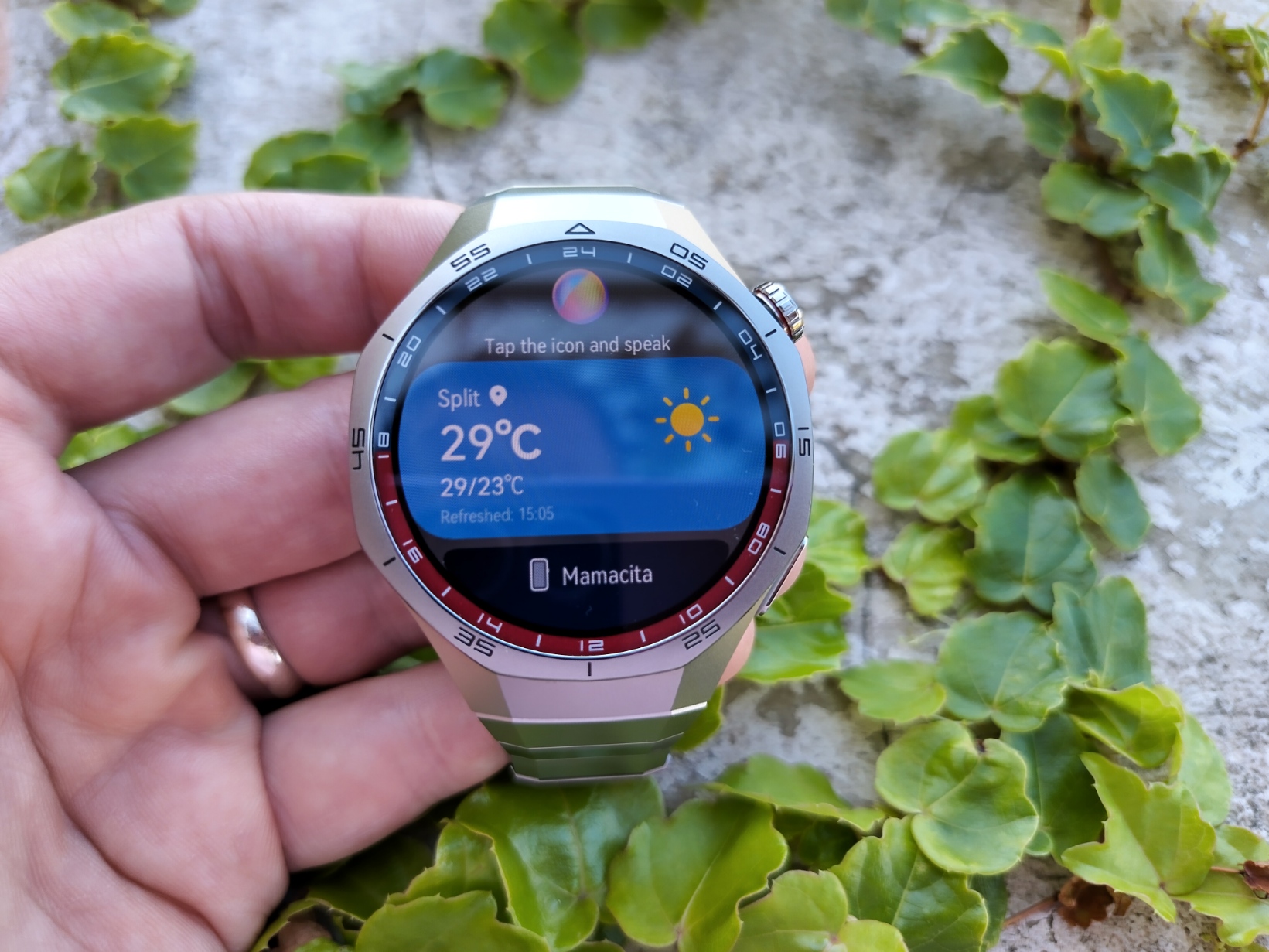How US Sanctions Made Huawei the King of Smartwatches

In a striking turn of events that serves as a case study in unintended consequences, Huawei has not only weathered years of crippling U.S. sanctions but has emerged as the undisputed global leader in the wearable device market. New data reveals the Chinese tech giant has dethroned both Xiaomi and Apple, a direct result of a strategic pivot forced upon it by international pressure.
According to the latest global wearable market report for the first quarter of 2025 from industry analyst IDC, Huawei shipped an impressive 10 million units, securing the number one position. This marks a massive 42.8% year-over-year growth from the 7 million units shipped in the same period last year, boosting its global market share to 21.9%.
This achievement pushes its primary competitors down the ladder. Xiaomi now holds the second position with 8.7 million units and a 19% market share, while Apple has been relegated to third place, shipping 7.0 million units for a 15.5% share. The rest of the top five is rounded out by Samsung and Garmin, with 3.4 million and 2.1 million units, respectively.
A Victory Forged by Adversity
Huawei’s triumph in the wearables sector is not just a story of popular products like the Watch GT 5 Pro; it is a direct consequence of the U.S. sanctions designed to cripple its once-dominant smartphone business. By cutting off access to Google Mobile Services and key 5G chip technology, the sanctions effectively decimated Huawei’s phone sales outside of China.
Faced with an existential threat to its primary revenue stream, the company was forced into a strategic reorientation. It redirected its immense research and development resources toward other consumer electronics sectors, with a laser focus on the fast-growing wearables market.
The sanctions, ironically, served as the catalyst for this transformation. Instead of weakening the company into submission, the pressure compelled Huawei to diversify and innovate aggressively in a different arena. This forced pivot has now paid dividends, creating a more resilient and focused competitor that has not only survived but is now leading a key global market. The attempt to isolate Huawei has, in this segment, inadvertently forged a stronger and more dominant market leader, an outcome policymakers in Washington likely never intended.




